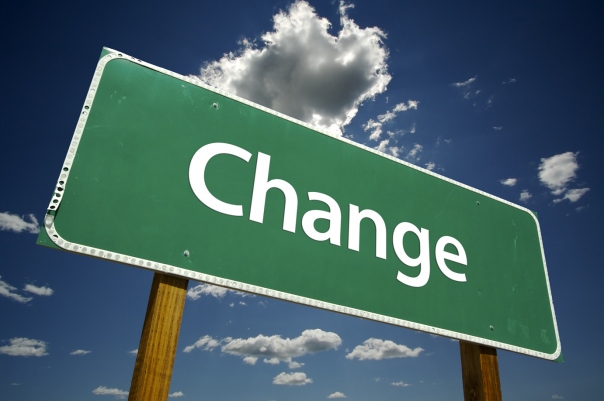
To understand why Trumpism is merely a symptom of a larger predicament, first consider that today’s children will see more technological, scientific, Industrial, business, and societal changes during their lifetimes than any previous generation in human history. Futurists for several decades have been documenting after the fact that the pace of such changes has been accelerating since the start of the Industrial Revolution. That pace has now begun skyrocketing due to developments such as computerization, global connectivity, artificial intelligence, genetic medicines, etc. Indeed, as the ancient Greek philosopher Heraclitus sagely observed 2,500 years ago, change is the nature of things and that the only constant is change.
Is that a problem? Well, change tends to make many, if not most living things anxious, even uncomfortable. Anxious animals defensively retreat into their burrows, nests, caves, etc. And anxious humans can similarly retreat into, if not nests, cave, or burrows, traditional values or nostalgia for a time before or without the change.
Certainly, some changes can be harmful. However, not only does change cause evolution, it likewise tends toward progress. Organisms don’t devolve. Human history during the past 500 years demonstrates increasing progress: such as ending slavery, emancipating women, democracies replacing monarchies or even more authoritarian forms of government, sciences and medicine elongating longevities and eradicating ancient diseases such as the plague, smallpox, polio, etc. Who adapts, and particularly takes advantage of change, best survives and flourishes.
But there is a contrary corollary. We shouldn’t be surprised that the people who tend to be most anxious when faced with change are those who are least able or willing to adapt and thus who most complain and resist change. They are also those who are most likely to be seduced by demagoguery against change or who claim that was past is best. Enter Trump, Putin, Modi, Bolsonaro, et. al.
Centuries ago when the pace of change was gentle, if even perceptible, these natural dynamics might have been less. Yet now that technological dynamics such as ‘Moore’s Law’, quantum mechanics, artificial intelligence, etc., have exponentially increased the pace of change, the sheer numbers of people who either can’t adapt, or not as easily as perhaps in the past, exponentially increases, too. Demagogues find willing audiences.
And as the pace of change continues to accelerate, perhaps an evolutionary hurdle is reached? If our technologies are now advancing faster than our adaptation to the changes they bring, what do we do about or how do we aid those among us who have trouble or can’t adapt? Aren’t they within their rights not to adapt? Or are there situations or cases in which their resistance to change or adaptation tramples the rights of those who embrace change? These questions need to be encountered and answered, because change is the nature of things.